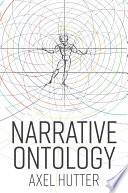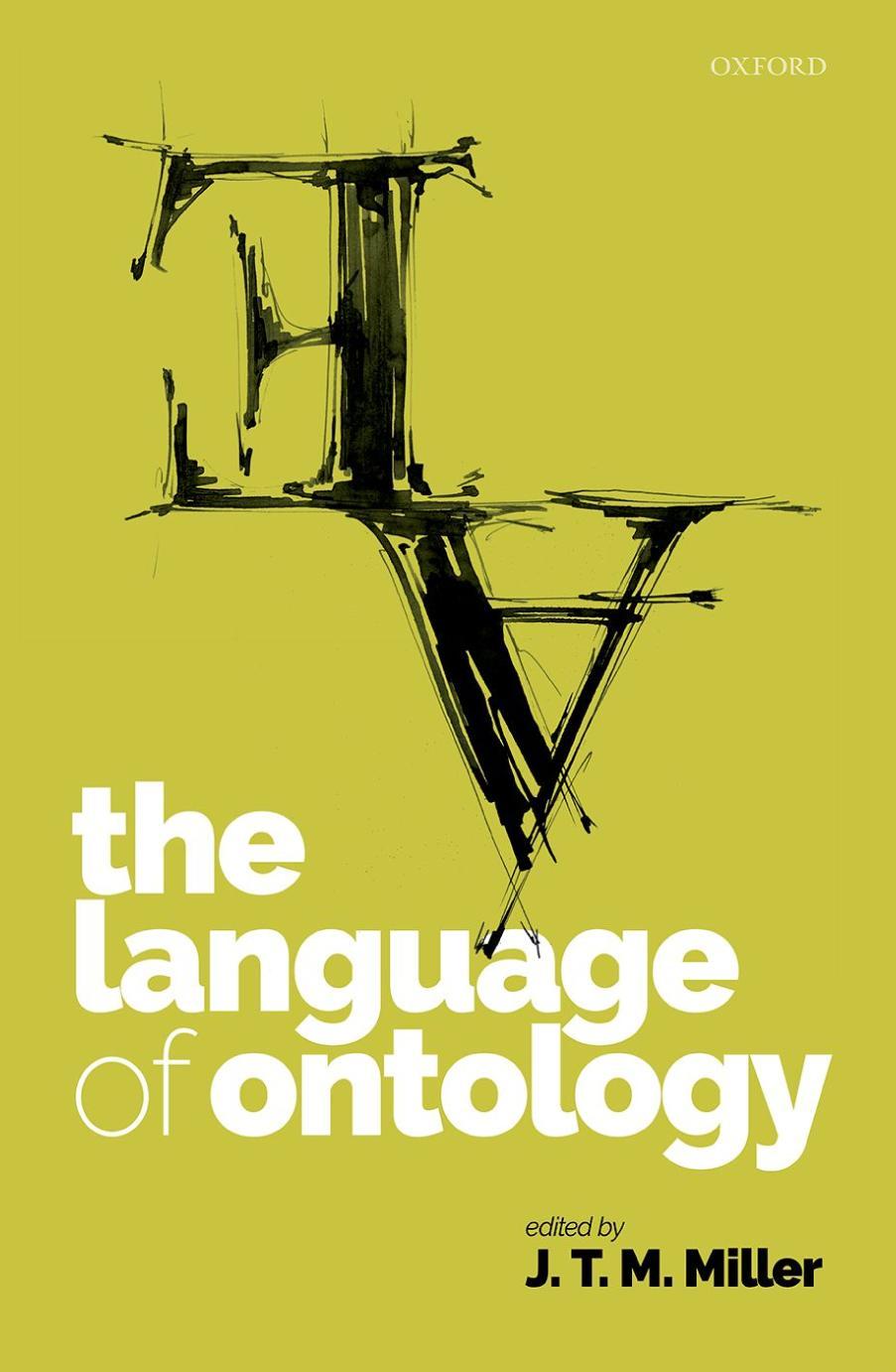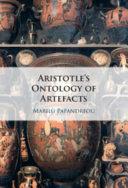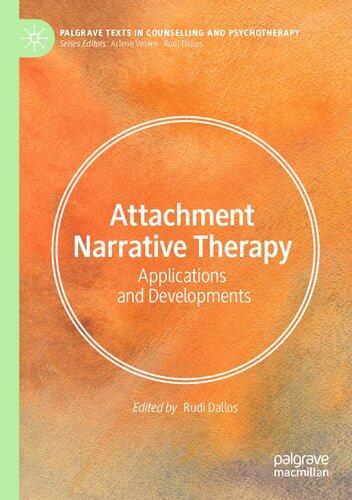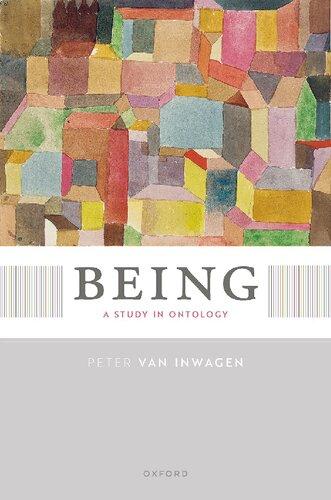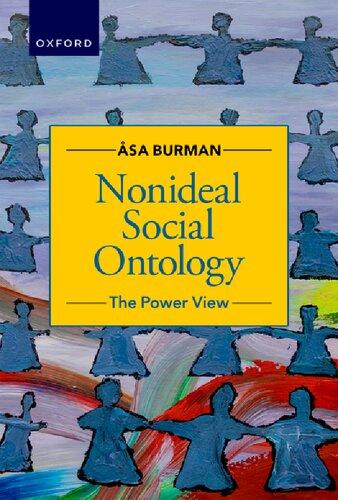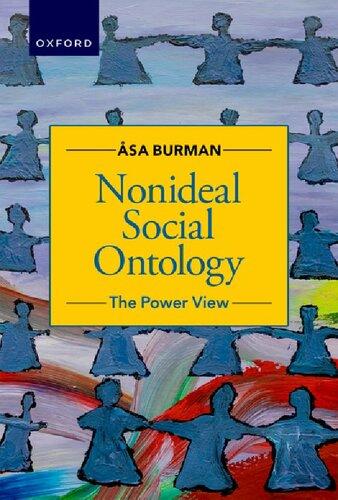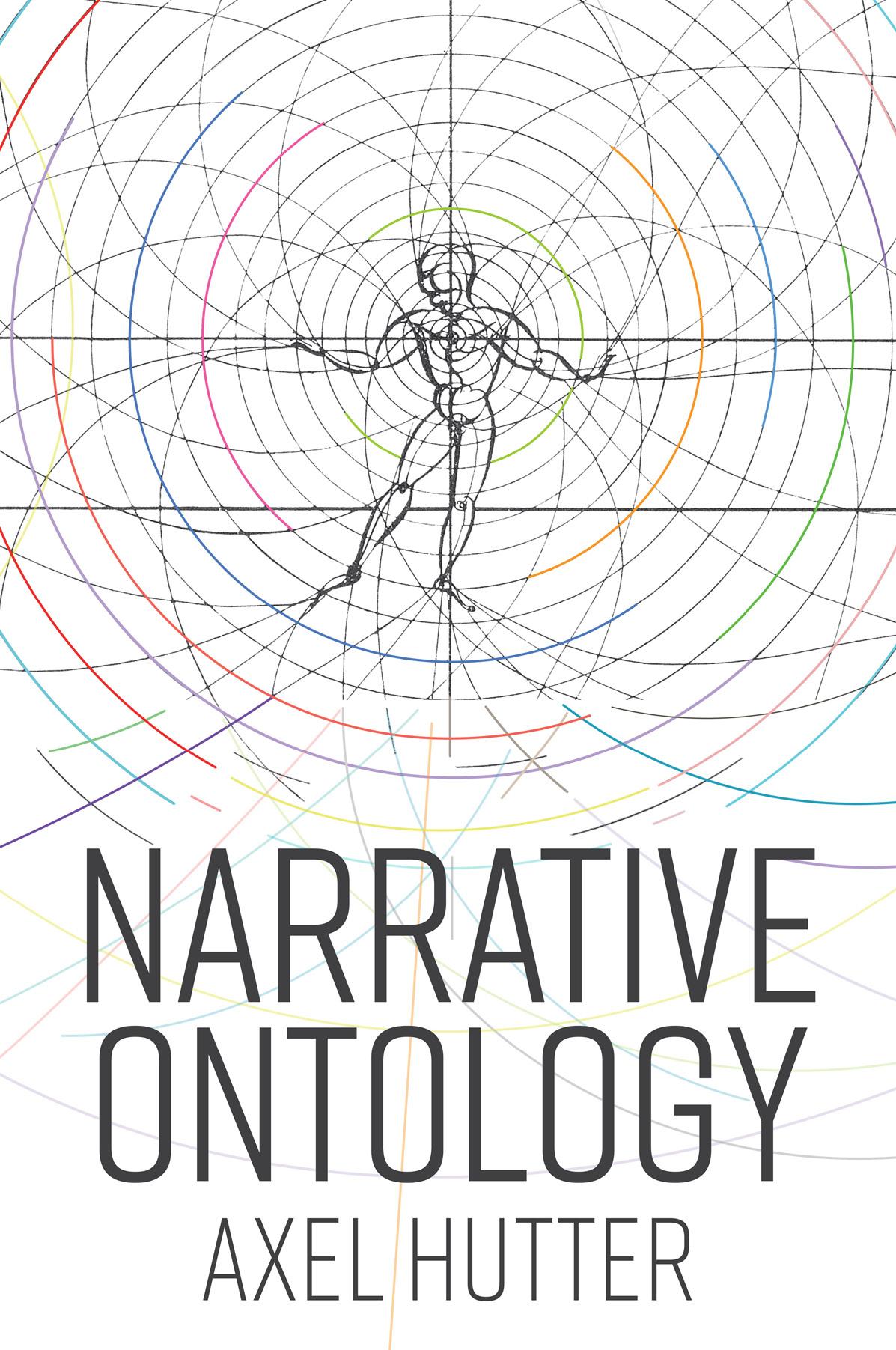The Art of Self-Knowledge
Self-Knowledge – The Intangibility of the I – Who’s Speaking? –Narrative Meaning – Meaning and Being – The Project of a Narrative Ontology – The Truth of Art – Thomas Mann as Model – The Enigma of Human Being – Freedom – Selfhood as Character
Self-Knowledge
‘Know thyself!’ The commandment of the Delphic Oracle has defined the intellectual development of humanity like no other. To be sure, the enigmatic adventure that it calls for has long ago disappeared behind a nearly impenetrable veil of supposed familiarity and self-evidence, such that the commandment was able to sink into a mere facet of general education, into a formula one is fond of quoting.
For this reason, an introductory attempt will be made to regain the original radicality and enigmatic character of the question of selfknowledge, of human beings enquiring into their selves – a character that fundamentally distinguishes this question from all other epistemic questions. Self-knowledge by no means follows the familiar paths of ‘normal’ knowledge, which is at home in our everyday dealings in the world.
Rather, self-knowledge distinguishes itself specifically from our usual knowledge, and the enigmatic singularity of this knowledge is concealed when it is conceived of in analogy to the allegedly familiar knowledge of objects – and thus misunderstood from the ground up. At first glance, nothing appears to speak against grasping the ‘self’ in ‘self-knowledge’ as if it simply designated the object of this knowledge. Just as knowing can aim at a tree, a house or a stone, in the case of self-knowledge it could aim quite analogously at the self. The expression ‘self-knowledge’ would simply pick out a particular piece of knowledge from the multitude of all possible knowledge by specifying more precisely the object of knowledge.
Seen from this perspective, self-knowledge would be comparable (in accordance with its form) to all other kinds of human knowledge, all of which would differ from each other with respect to their different objects (in accordance with their content). Knowing would then be similar to a telescope, itself remaining unchanged and serving as a means, in always the same manner, to behold diverse objects and to bring them ‘closer’. Knowledge of a tree looks at the tree, knowledge of a house at the house, and self-knowledge, accordingly, at the self.
Yet the self at issue in self-knowledge is the self that puts itself in question. The self that makes self-knowledge into a unique and enigmatic kind of knowledge is not the object but rather the subject of knowledge. Herein lies precisely the radical difference between knowledge of something other and knowledge of oneself; when understood appropriately, this difference opens up in the first place the possibility of genuine self-knowledge by making us aware of its incompatibility with other kinds of knowledge. The tree that is the object of knowledge is obviously not the subject of this knowledge; by contrast, the self that is to know itself in self-knowledge is very much indeed the subject.
For this reason, the Delphic commandment aims at a quite peculiar form of knowledge that, as self-knowledge, distinguishes itself specifically from the usual knowledge of objects or knowledge of something other. In self-knowledge, the self ought to know itself precisely as itself, that is, as subject – a task that would be misguided from the start if the subject sought to know itself only as object, and thus precisely not to know itself. A knowledge that takes into account the self only as an object of knowledge can learn a lot, but none of what it learns may be regarded as genuine self-knowledge.
This difference between knowledge of something other and knowledge of oneself, which is far from self-evident, is what first makes clear why ‘Know thyself!’ is uttered as an imperative: the imminent and always present possibility of fundamentally misunderstanding oneself as a mere object of knowledge makes self-knowledge into a normative demand, which one can satisfy but also fall short of satisfying by misunderstanding oneself as an object among objects and forgetting oneself as subject. Self-knowledge is for this reason not primarily characterized by a certain ‘what’, but rather a certain ‘how’ of knowledge, from which the ‘what’ (the enigmatic reality of the self) results in the first place. One can violate the commandment of self-knowledge not merely by failing to follow it, but just as well by confusing the ‘how’ of knowledge of oneself with the ‘how’ of the knowledge of something other, without knowing to distinguish between the two.
This art of distinguishing, demanded by the Delphic commandment, becomes clear in the classical model in which the striving for selfknowledge in the history of human spirit takes shape. The exemplary pioneer in embarking on the adventure of a radical distinction between knowledge of oneself and knowledge of something other is Plato’s
Socrates, speaking in Phaedo: ‘I am not yet able, as the Delphic inscription has it, to know myself; so it seems to me ridiculous (γελοῖον), when I do not yet know that, to investigate irrelevant things’ (1914, 229e–230a).
Obviously, Socrates distinguishes here very precisely between selfknowledge as it is demanded by the ‘Delphic inscription’, and knowledge of everything else that is not the subject but the object of knowledge. And this fundamental difference is understood as a radical difference in rank: self-knowledge is for Socrates so important and singular that it would be ‘ridiculous’ to be interested in any knowledge of objects as long as the commandment to know oneself has not been satisfied (which does not mean that only few people commit such a ‘ridiculous’ mistake, as Socrates does not tire of pointing out to his fellow citizens).
It is indeed remarkable and highly characteristic of Socrates’ thought that he understands self-knowledge as the highest form of knowing, but at the same time emphasizes that he does ‘not know’ himself. In Socratic not-knowing, maximum and minimum, positing and negating, interlace in a way that is not easy to understand: on the one hand, self-knowledge is the most important form of knowledge, and human beings have to seek it above all else; on the other hand, Socrates is distinguished from his fellow citizens precisely by his peculiar non-knowledge – that is, by the knowledge of not knowing what or who he is. Socratic non-knowledge is thus by no means non-knowledge with respect to any objects, but, rather, quite pointedly a non-knowledge with respect to the self. It is, then, a forerunner and ironic place-maker of the self-knowledge that is sought after.
The Intangibility of the I
The Socratic insight that self-knowledge is a quite peculiar form of knowledge, distinct from ordinary knowledge of objects while constituting its blind spot, has indeed never been developed into a lasting achievement in the further course of the history of human thought. This is because the basic orientation of everyday consciousness to ‘graspable’ things proved overpowering, pushing itself in front of the enigmatic exceptional nature of self-knowledge, which consequently fell again into obscurity.
Yet, precisely for this reason, the Delphic commandment of selfknowledge constitutes the secret source of unrest and irritation in human thought. Moreover, it is in the exceptional moments of our intellectual history that the enigmatic non-objectifiable nature of the I is rediscovered in always original ways and its intangibility brought into paradoxical or ironic concepts that seek to do justice to the ‘ungraspable’ character of the I in human self-knowledge.
Such a rediscovery finds expression with David Hume. ‘There are some philosophers’, Hume writes, ‘who imagine we are every moment intimately conscious of what we call our Self; that we feel its existence and its continuance in existence.’ Of all the possible objects of knowledge,
the I, it appears, is a very special one. It is the one that is closest and most familiar to us, the one that is easiest to comprehend and is immediately present: there is nothing that we know better than our own self. Of all the possible kinds of knowledge, self-knowledge would be the one, then, that we need not demand of anyone since everyone has already achieved it. Hume’s critique sets a powerful Socratic question mark suitable for tearing the overly confident human self-consciousness out of its dogmatic slumber: ‘Unluckily all these positive assertions are contrary to that very experience, which is pleaded for them, nor have we any idea of self, after the manner it is here explain’d.’ It must ‘be some one impression, that gives rise to every real idea. But self or person is not any one impression.’ Consequently, ‘there is no such idea’ (2007, 164).
The I that underlies all grasping as the condition of possibility withdraws itself (precisely for that reason?) from our conceptual grip. As Hume observes, it does not allow for a real impression of an objective thing to which we could trace our conception of an I. In the case of the I, there is, then, precisely no reference given to an objectively ‘given’ object that ordinarily lends our everyday knowledge and language a solid foundation. From this it follows, however, that everything that the I grasps is the object of a knowledge, so that it itself as the subject of knowledge becomes a blank space of knowledge. The Delphic project of self-knowledge must, for this reason, highlight anew time and again this peculiar ‘blank space’ of the kind of knowledge sought here (Socratic non-knowledge).
The first ‘result’ that appears in the attempt at self-knowledge is thus an astonished puzzlement about oneself, which one also finds in Hume’s Treatise: ‘But upon a more strict review of the section concerning personal identity, I find myself involv’d in such a labyrinth, that, I must confess, I neither know how to correct my former opinions, nor how to render them consistent’ (398–9). For this reason, the specific peculiarity of selfknowledge cannot initially at all be elucidated directly and positively, but rather only indirectly and negatively, and indeed by means of the critical demonstration, carried out as concisely as possible, that all knowledge of a self or an I – under the presupposition that we are dealing here with an ‘object’ of knowledge – necessarily remains empty, leading into a confusing labyrinth of contradictions.
In this negative manner, Schopenhauer, too, formulated the critique of the dogma of a positive comprehensibility of the human I in an especially compelling thought experiment. If the self were, namely, a special object among other objects of knowledge, then ‘it would be possible for us to be conscious of ourselves in ourselves and independently of the objects of knowing and willing. Now we simply cannot do this, but as soon as we enter into ourselves in order to attempt it, and wish for once to know ourselves fully by directing our knowledge inwards, we lose ourselves in a bottomless void; we find ourselves like a hollow glass globe, from the emptiness of which a voice speaks. But the cause of this voice is not to be found in the globe, and since we want to comprehend ourselves, we grasp with
a shudder nothing but an insubstantial ghost’ (1969a, 278 explanatory note).
Here, Schopenhauer takes alleged human ‘self-knowledge’ oriented to knowledge of objects at its word: it misunderstands the self as a special object of knowledge and, as a consequence, seeks this self ‘inwardly’ in human beings. He thus inspects the concrete accessibility of a graspable self that would lend to self-knowledge that objective ‘footing’ (Hume: impression) that ordinary object knowledge invokes. This thought experiment leads again to the critical result that a self-knowledge carried out in the mode of object knowledge – so long as it does not deceive itself – necessarily leads to a ‘bottomless void’ that reveals negatively to knowledge that the required self-knowledge cannot have the form of ‘other knowledge’, i.e. knowledge of a graspable object.
The commandment of self-knowledge leads in this way into a labyrinth of aporias, which question from within the overly naïve and uncritically accepted paradigm of everyday knowledge that is primarily interested in stable objects. They are thus suitable to wake human consciousness out of its dogmatic slumber of self-forgetfulness that it enjoys in the arms of familiar object knowledge. So long as human beings orient themselves in self-knowledge unquestioningly and uncritically to the mode of knowledge of comprehensible objects, they face the unsatisfactory alternative of either alienating themselves into an object of knowledge or else dismissing the peculiar ‘ungraspable’ I as a mere illusion, because it cannot be sensually objectified. Human beings are threatened with their own I becoming a comprehensible yet foreign object, in which their subjectivity is forgotten, or an incomprehensible nothing that is not knowable in the way we know things – thus vanishing into a ‘ghost’.
The I, the self that is to each our own, is for us not the closest and most familiar, but rather the most distant and most alien. As fitting as it was at the outset to call object knowledge a ‘knowledge of something other’ because it does not concern our selves, it is now fitting to designate selfknowledge in a completely different sense as ‘other knowledge’, because it demands of us a form of knowledge that is entirely distant and alien to us: in everyday life, only knowledge of objects is familiar and close to us.
Yet the peculiar otherness of the knowledge required here frees the project of self-knowledge from the suspicion of pursuing only a narrow and selfish ‘self-interest’. This is because the selfish character of an overly narrow self-interest consists precisely – as will still need to be shown – in the self-deception that one is closest and most familiar to oneself. If the self is the radically other and unfamiliar, then the effort to understand oneself is not the effort of a narcissistic home-body, not a lazy self-absorption, but rather an adventure of abandoning the familiar shores of object knowledge in order to venture out onto the open sea of self-knowledge.
Who’s Speaking?
As the introductory reflections have made clear, emancipation of human self-knowledge from the monopoly of object knowledge cannot be achieved simply with the ‘wave of a hand’. This is also evident in how inappropriate the concepts are that have been used thus far, for talk of a ‘subject’ that distinguishes itself from the objects that it knowingly faces is at least prone to being misunderstood. By facing the objects, the subject itself seems to become a ‘special object’ in relation to the other object, so ultimately the I would only be another object, rather than something completely different from an object.
For a human self-knowledge rich in content, it is, then, not adequate to define the peculiarity of the self only negatively, because in this way the I threatens to wither into vagueness, the indeterminacy of which is then once again (out of embarrassment) filled with objective determinations, alienating the I into an object. For this reason, for a human self-understanding rich in content it is necessary that one find in each case a concretization of one’s own selfhood that enables a determinate and concrete self-knowledge without thereby alienating the I into an object.
For this purpose, Schopenhauer’s reflection quoted above contains an important cue, for it mentions – in passing as it were – language as the ultimate limit which humans come up against in their attempt to become comprehensible to themselves: ‘we find ourselves like a hollow glass globe, from the emptiness out of which a voice speaks. But the cause of this voice is not to be found in the globe.’ The question of human selfknowledge thus takes on a more determinate form because it relates to the concrete primordial phenomenon of language: ‘What or who is actually speaking when a voice is speaking in me?’
To be sure, this turn of attention only makes explicit what was already implicitly at work in the considerations up to now – namely, language. In the word ‘I’ that has so far been used as a matter of course, the basic and ineluctable self-consciousness of human being – namely, of being a self or a subject – finds expression in language. Human self-consciousness articulates itself in saying I, for which the ‘I’ performs a linguistic concretization of the I, without thereby alienating it immediately into an object, for the expression ‘I’ does not designate here – as will need to be shown – a graspable being, an object. For this reason, the question is to be specified: ‘Who is actually speaking when I am speaking?’
Turning to language makes it necessary to exhibit the ambiguity of the I (as both the object and subject of knowledge), which has thus far been discussed primarily in epistemological concepts, in an equally succinct manner as a linguistic ambiguity of the expression ‘I’. In other words, if it is true that language offers human self-knowledge an outstanding medium in which this knowledge may articulate itself concretely, then it must be possible for the distinction that has been elaborated thus far between knowledge of something other and knowledge of oneself to be
defined in terms of philosophy of language: as a concrete distinction between the use of the word ‘I’ as object and as subject. The fundamental difference between the objects of knowledge, on the one hand, and the subject of knowledge on the other, would thereby acquire support in language and provide a basis for further considerations.
The sought-after difference between an objective and a subjective use of the word ‘I’ is made clear by Wittgenstein in an exemplary manner: ‘There are two different cases in the use of the word “I” (or “my”) which I might call “the use as object” and “the use as subject”. Examples of the first kind of use are these: “My arm is broken”, “I have grown six inches”, “I have a bump on my forehead”, “The wind blows my hair about”. Examples of the second kind are: “I see so-and-so”, “I hear so-and-so”, “I try to lift my arm”, “I think it will rain”, “I have toothache”’ (1958, 66–7).
At first glance, Wittgenstein’s distinction may appear innocuous. It becomes more serious, however, once one brings to mind the following situation in order to clarify the use of ‘I’ as object. Photos of people are shown to me and I name the respective name as soon as I recognize the person: ‘That is P. M.’; ‘That is K. S.’ In this series, I can then also say: ‘That’s me there!’ What is remarkable here is that I can always also be mistaken: ‘That’s me there! – oh no, it is K. S., who looks deceptively similar to me in the photo.’
In contrast to this use of ‘I’ as object that is fundamentally open to error, the use of ‘I’ as subject is distinguished precisely in that the possibility for error towards objects is categorically ruled out. According to Wittgenstein, ‘there is no question of recognizing a person when I say I have toothache. To ask “are you sure that it’s you who have pains?” would be nonsensical. Now, when in this case no error is possible, it is because the move which we might be inclined to think of as an error, a “bad move”, is no move of the game at all’ – in this unique language game, that is, in which ‘I’ is used not as object but, rather, as subject (67).
Wittgenstein does not tire of pointing out that usual speech veils the strong difference between the use as object and the use as subject, since it is primarily directed at weak – that is, ‘objective’ – differences within the world of objects. For this reason, according to Wittgenstein, we should take note: ‘The difference between the propositions “I have pain” and “he has pain” is not that of “L. W. has pain” and “Smith has pain”’ (68). The difference between ‘L. W.’ and ‘Smith’ designates an objectifiable difference (analogous to the difference between two different stones or photos), whereas the difference between ‘I’ and ‘L. W.’ marks in the medium of language the incomparably more radical difference between knowledge of oneself and knowledge of something other.
The fact – which at first glance may seem perplexing – is summarized by Wittgenstein in two sentences: ‘The word “I” does not mean the same as “L. W.” even if I am L. W.’; ‘But that doesn’t mean: that “L. W.” and “I” mean different things’ (67). The first sentence makes once again clear the strong difference between the use of ‘I’ as subject and its use as object:
it emphasizes that the meaning of ‘I’ when used as subject may not be confused with the meaning of a name that refers through identification to the I in the objective sense. For this reason, the second sentence warns against misunderstanding the strong difference – between that which the enigmatic meaning of ‘I’ indicates linguistically when it is used as subject and that which can be recognized and identified as an object – as a weak difference between different things or objects of knowledge.
This is the mistake made by the widespread opinion that, for each of us, our I is our closest and most familiar object of knowledge, for it confuses a relative difference within the world of objects with the absolute difference between subject and object, between ‘I’ and ‘L. W.’ That I cannot err in the use of ‘I’ as subject should not be ascribed to a wondrous capacity to never make a wrong move in the game of objectification, but rather grasped as the enigmatic phenomenon that no wrong move can be made because the use of ‘I’ as subject does not even participate in the game of object knowledge.
The I of the individual human being as the subject of knowledge is for this reason not simply a different object of knowledge; in fact, it demands a completely different form of knowledge – namely, self-knowledge. The I cannot be known like a tree or a stone – but also not like a psychological state. Wittgenstein’s decisive place in contemporary thought rests, above all, on the fact that he has renewed for the present age the Socratic idea of philosophy as self-knowledge in an original way in the medium of language analysis. The ordinary understanding of language tends to overlook the enigmatic unique character of the I and self-knowledge, for in language countless distinctions can easily be articulated (white or black, even or odd, he or she), leading one to overlook the incomparably more difficult distinction between weak and strong distinctions, which is itself a strong distinction. At the same time, the circumstance that language threatens to blur certain distinctions can likewise – as Wittgenstein shows – be expressed in language, even if this requires a special effort to articulate and understand appropriately this critique that thinks with language against language.
In the end, Wittgenstein’s critique of language remains faithful, however, to the primarily negative character of Socratic non-knowledge: ‘The kernel of our proposition that that which has pains or sees or thinks is of a mental nature is only that the word “I” in “I have pains” does not denote a particular body, for we can’t substitute for “I” a description of a body’ (74). Yet now the question arises: how is one to recognize the truth of this negative insight, and at the same time move beyond it? While the insight into the intangibility of the I is indeed the indispensable beginning of all genuine self-knowledge, it cannot – for the reasons just alluded to –represent already the whole of a concrete self-knowledge rich in content.
Narrative Meaning
The unrest caused by the Delphic commandment of self-knowledge arises from the antinomy of a double impossibility: the impossibility of defining the I in positive terms like an object, and the impossibility of being satisfied with a purely negative definition. The second impossibility should not tempt one simply to ignore and push aside the critical insight into the fundamental ‘intangibility’ of the I from Socrates to Wittgenstein. This insight must, on the contrary, remain permanently present in human selfknowledge. More specifically, the task consists precisely in finding a form of expression and representation that is appropriate to the unrepresentable character of the I, a form of concretely addressing the self and articulating its radically non-objectifiable character.
For this purpose, one can draw on the insight recently outlined, namely, that there is a peculiar reciprocal dependence between the I and language. While it is indeed correct that the predominantly objective orientation of our everyday understanding of language leads us to conceive of the meaning of ‘I’ in analogy to the meaning of words such as ‘stone’ or ‘house’, it is nonetheless possible, by means of a critical effort of thought, to become aware that there is a double aspect to the meaning of the word ‘I’, which is overlooked in the superficial understanding of language. Language has available an alternative dimension of meaning that cannot be understood as reference to an object and that, for this very reason, may offer a means to express and represent self-knowledge concretely.
This alternative dimension of meaning of language can be clarified quite precisely – and here is the main thought of the following investigation –by attending to the overall meaning of a text, as opposed to attending to isolated words. What this means for human self-knowledge, then, is that this knowledge is accordingly not concerned with an isolated reality, but rather with the peculiar overall meaning or unity of meaning of human existence: not with isolated events, but rather with the whole of the life story. The peculiar context of meaning of a life story cannot be fixed purely as a present ‘object’, but rather can only be narrated within the epic extension of time and understood in this genuinely narrative form.
Human striving for self-knowledge is, for this reason, to be grasped concretely as a basic striving to understand oneself, the meaning of one’s individual life story in which the self articulates itself temporally, in the same way in which we understand a narrative, in which a narrative meaning unfolds. Yet the fact that we seek this self-understanding makes unmistakably clear that, in our life story, we firstly and for the most part do not understand ourselves. Thus, standing since Socrates at the beginning of all self-knowledge is the honest admission that we do not know ourselves – that is, that we do not understand the meaning of our individual life story.
If one admits, however, that one does not understand oneself in one’s individual life story, then one must at least have some idea of what it
means to understand oneself. Otherwise, the non-understanding would not appear as a deficiency to the one who lacks understanding, and the unrest of self-knowledge could not be awakened. It is language that displays for human beings this important initial clue of the self-understanding that is sought, the ‘preschool’, as it were, of self-knowledge that understands: seeking to understand oneself in the entirety of one’s life story means having trained one’s desire to understand with the understanding of narrative contexts of meaning. It is just as impossible to understand narrative meaning as it is to understand the life story of a person in a simple, instantaneous grasp – indeed, narrative meaning can only be understood by patiently examining the unity of narration in its genuinely temporal organization.
What does it mean, though, to understand the narrative meaning of a narrative or a story? How is narrative understanding itself to be understood? These questions make clear that the understanding of linguistic meaning is by no means so ‘simple’ and self-evident as it may appear at first glance, and in the usual context of a well-rehearsed communication. It also holds here that one can find, lying behind the veil of presumed familiarity and self-evidence, an enigmatic adventure. Corresponding directly to the art of self-knowledge is thus an art of understanding. The peculiar elective affinity between self-knowledge and understanding stems from the fact that understanding a complex narrative unity of meaning and the understanding of one’s own life sought in self-knowledge are in agreement: what they are directed at can be articulated only in time
Thus, the usual account of understanding a word, according to which one is able to point to the object to which the word refers, is of little help for the art of understanding that is sought here.1 If the context of meaning of a complex text evidently means more, and something other, than the sum of its single words, what, then, does it refer to? Important for the concrete context of meaning is how the words in the sentence, and the sentences in the text, follow each other temporally. This peculiar dimension of meaning of language that is articulated in the temporal organization of its parts may, for good reason, be called the narrative dimension of meaning of language, for the narrative represents, as it were, the primordial form of a linguistic context of meaning. In this form, the meaning that is to be understood comes down, above all – besides and independent of all particulars in their isolation – to their temporal composition and sequence.2
Now the same holds, though, for the life story of a human being, for understanding single actions and events is only one aspect of our life, while it is a thoroughly different and more important aspect to understand the narrative unity of one’s own life story. For this reason, it is precisely the narrative-historical dimension of meaning of our life that we actually seek to understand and about which we are in the first place clueless, as versed as we may be in ‘understanding’ individual events of our life. The fact that the unity of meaning means something more and something other than the sum of all its particulars must not lead to divorc-
ing the context from its particulars entirely. In both cases, in the case of a narrative and in the case of a life story, the following holds: we must first learn to spell before we can read. This is immediately clear when we do not have a good command of the language in which a text (for instance, a novel) is written. Here, we are still struggling so much with the details of the language that we – to use a telling phrase – do not ‘enter into’ the actual story, that is, into the overarching narrative unity of meaning.
Similarly, it is not until later in life, once the single ‘letters’ of human existence are sufficiently familiar for the question concerning the overarching unity of meaning to be awakened, that the Socratic need for self-knowledge stirs in us. Yet one can also observe how the initial inability to understand the meaning of one’s own life story can lead one to devote new, exaggerated and cramped attention to the single letters in order to distract oneself from the daunting emptiness and meaninglessness of the life as a whole that one has still not understood.
Successfully spelling out a text, correctly comprehending the individual linguistic components, is necessary for properly understanding its context of meaning, but by no means to be equated with it. Quite the contrary, one can say that we have not really understood a particular episode, a particular detail of a narrative, until we have understood the story as a whole. For this reason, it is questionable whether we can really understand a single event of our life appropriately if we remain clueless concerning the meaning of our life story as a whole. This cluelessness characterizes, however, the starting place of human self-knowledge because we precisely do not understand ourselves, our own existence in its temporalnarrative dimension as a life story. We believe, indeed, to understand this or that in life, but what this actually means in the context of our life story – that we do not understand (which means we do not actually understand this or that, either).
Socratic non-knowledge concerning the Delphic commandment of self-knowledge can, for this reason, be grasped more concretely and determinately as non-understanding concerning the peculiar dimension of meaning of one’s own life story. Just as the art of self-knowledge responds to an initial human non-knowledge about what or who one is, so the art of narrating reacts to the initial cluelessness of human being concerning how the story of one’s life is to be understood. For this reason, what is to be understood in self-knowledge is in a sense understanding itself. In understanding, the non-objectifiable form of being of the subject manifests itself exemplarily. Being a subject means being able to understand and – perhaps even more fundamentally – wanting to understand. Self-knowledge is thus an understanding of understanding. Wanting to understand oneself means wanting to understand not merely one’s own existence in time but, equally, the enigmatic capacity of self-understanding as such, which guides self-knowledge and makes the questioning subject into a subject or an I in the first place.
Meaning and Being
What hinders us from grasping the basic thought pursued here – of understanding narrative meaning as a systematic guide for the enlightenment of human self-knowledge – is the prejudice that the originary phenomenon of understanding meaning is not only unnecessary for knowledge of reality, but even misleading. The crucial difference between reality and a fictional narrative, so it seems, is that only the latter is characterized by the necessity of being meaningful. If fictional contexts were not meaningful, they would not exist at all. In stark contrast to fiction, factual reality (thus, also, one’s own life reality) is characterized precisely by having no meaning. For the common understanding of being, this is their fundamental difference: fiction has meaning; reality, not.
When one says ‘that is too good to be true’, one commonly means it is too meaningful to be real. If we perceive a purpose, a recognizable meaning, in reality, then we are immediately suspicious that we are dealing not at all with ‘objective’ reality but instead merely a ‘subjective’ enactment. One senses purpose and it makes one cross. Because of the traceable meaning, one is compelled to suspect that one is dealing not with solid, meaningless being but, rather, with beingless meaning – that is, mere fiction. For reality is precisely that which is meaningless: what is meaningless is reality.
If being is identified in this way with what is meaningless, then the question of course remains how it is possible in the first place for there to be an irritation by meaning. If what is real is meaningless in being real, then it is not clear how, under this condition, the irritating illusion of meaning is at all possible. How does the illusion of meaning enter being that is taken in itself to be meaningless? The answer ordinarily reads as follows: by human being. We ourselves are the ones, then, who introduce the illusion of meaning into the solid, objective, thoroughly meaning-free reality of being, whether it be by psychic projection, social construction or other means. In each case, it is the very dubious privilege of human beings to infuse reality with the appearance of meaning and, at the same time, to be the lonely consumer of their own product they call ‘meaning’, for objective being is defined in being strictly separated from meaning and fully indifferent towards it. Such meaningless being can at best be known, but not – like the meaning of a narrative – be understood. Both dimensions of human existence, being and meaning, are in this way dualistically torn apart. The one half forms the basis of a knowledge of being exonerated of the demand of understanding, while the other half, in turn, forms the basis of the market of illusory meanings, exonerated of the demand of truth. Yet a meaning projected by a human being onto the meaningless world can in the end be nothing more than an ineffective consolation, or even an ideological concealment of the incurable despair that an ontology of meaningless being necessarily has ready for someone who, in understanding, is oriented towards meaning.
